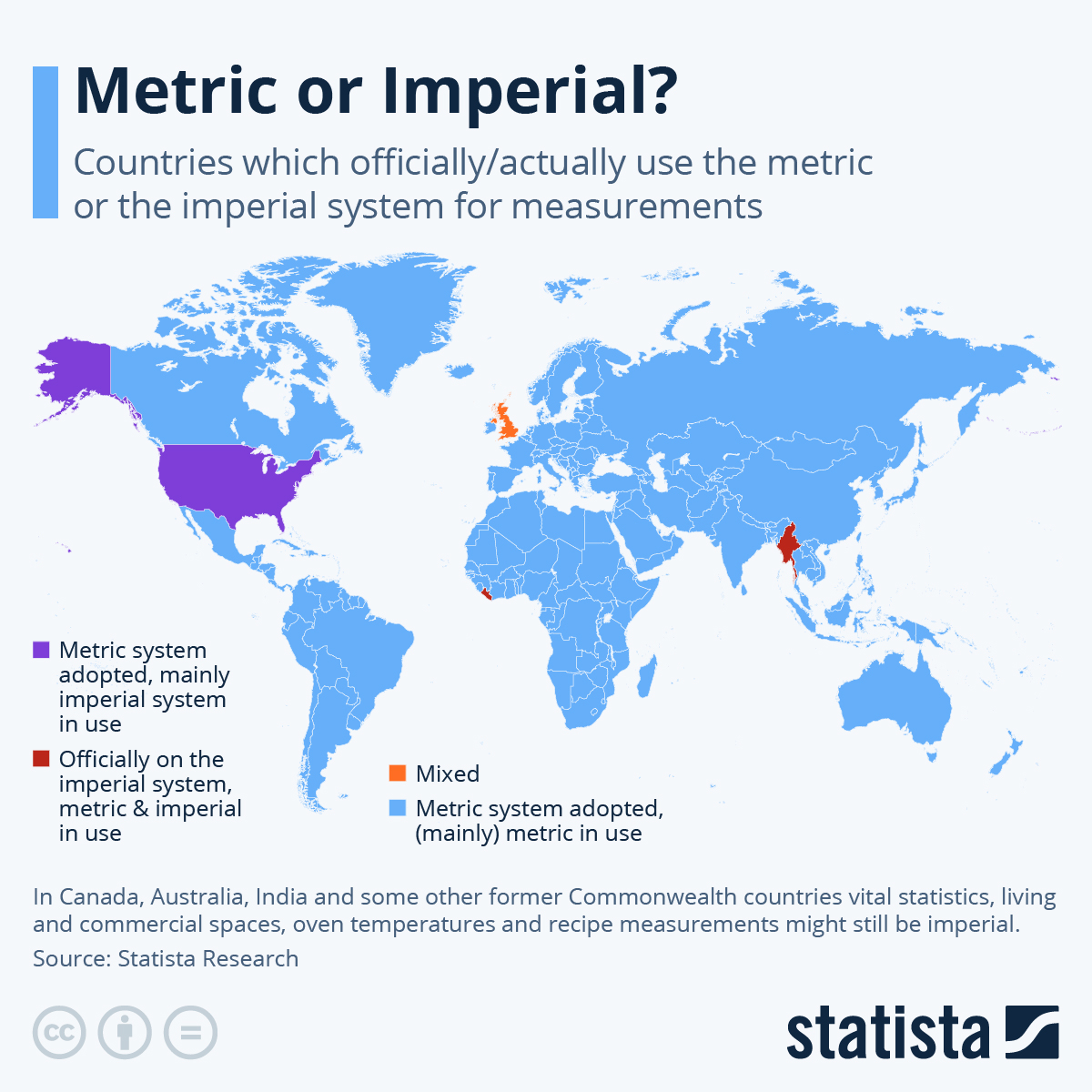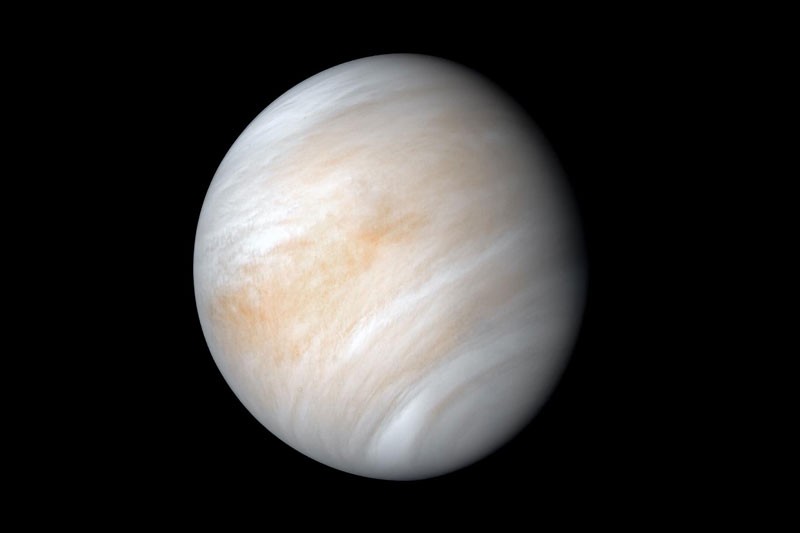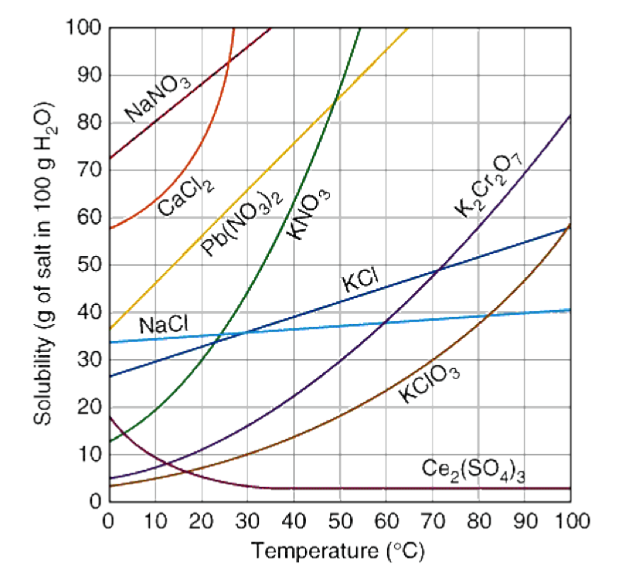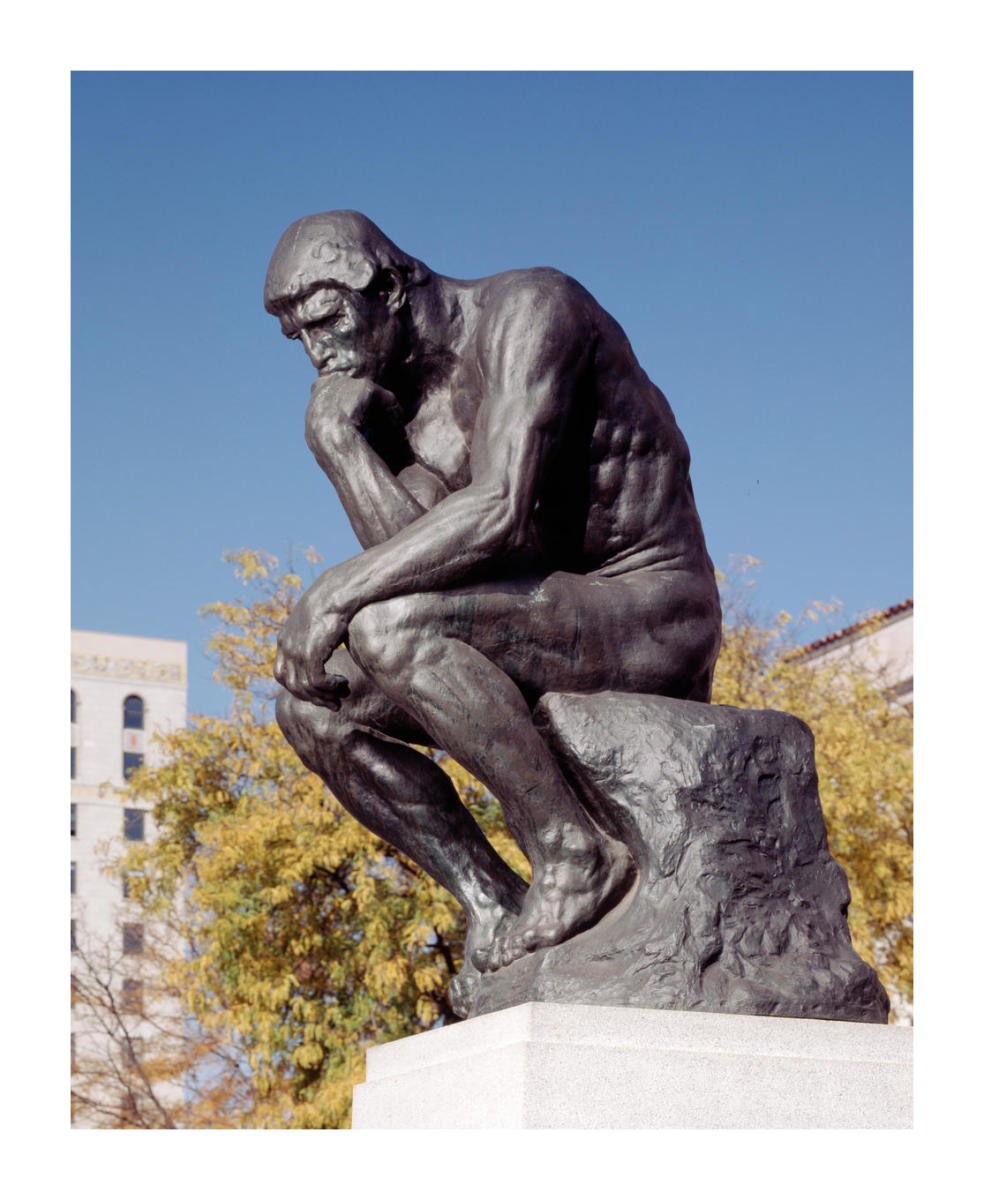Something that remains the same between the control group and the experimental group

Constant
This is the acronym used to remember the Metric prefixes

king henry died unexpectedly drinking chocolate milk
This is the measuring system that most of the world uses and is used in science. It’s based on units of 10.
Metric

This is the definition for a hypothesis.
An educated guess
What is this safety symbol warning you of?
Chemical Safety
This is the amount of space an object occupies
Volume
This is the answer that you would come up with if you ever had to convert 123 cm to m
1.23 m
This is the abbreviation for milligram
mg
(capitalization counts for the correct answer!)
Jill wonders which deodorant works the best (Degree or Dove).
According to the scientific method, this is the next step that she should take to answer her question.
Gather information or Research
This piece of lab equipment:
Bunsen Burner
This variable changes in response to what was changed 1st in the experiment
Dependent Variable
Convert 0.023 daL to mL

230 mL
The most accurate piece of lab equipment to measure the volume of liquids
Graduated cylinder
These are the 7 steps of the scientific method in order.
Ask a question or state the problem
Research or Gather information
Form a hypothesis
Experiment
Analyze Data
Conclusion
Repeat
What's the hottest planet in the solar system?

Venus
What is one thing that is really important for a good graph to have?
Any of the following answers:
- Title
- Labels on x and y axis
- Straight lines (with a ruler)
Convert 34.55 g to dg
345.5 dg
This measurement:
2.65 mL
The number of variables that an experiment can have
One

A beaker and its contents has a mass of 2 kg. The beaker alone has a mass of 200 g. What is the mass of the beaker’s contents?
1.8 kg or 1800 g
What temperature, in Celsius, is required to dissolve 40 g of NaCl in 100 g of water?
90 degrees Celsius
How many meters are in 16 kilometers?
16000 meters
Assuming both marbles are the same volume, what is the volume of ONE marble?
1 cm3
Scientists use the data from an experiment to evaluate the hypothesis and to come up with one of these.

A conclusion
Sputnik 1 was the first man made object to ever successfully get put into space. It was launched in 1957. How big was it?

It was only about the size of a beach ball!
